A new bill in New Hampshire is targeting the issue of squatting by defining clear distinctions between illegal occupants and legitimate tenants.
According to legislators, the goal is to ensure that those unlawfully residing in someone else’s property can be promptly removed, while avoiding unjust accusations against rightful residents.
Clarifying Legal Occupancy
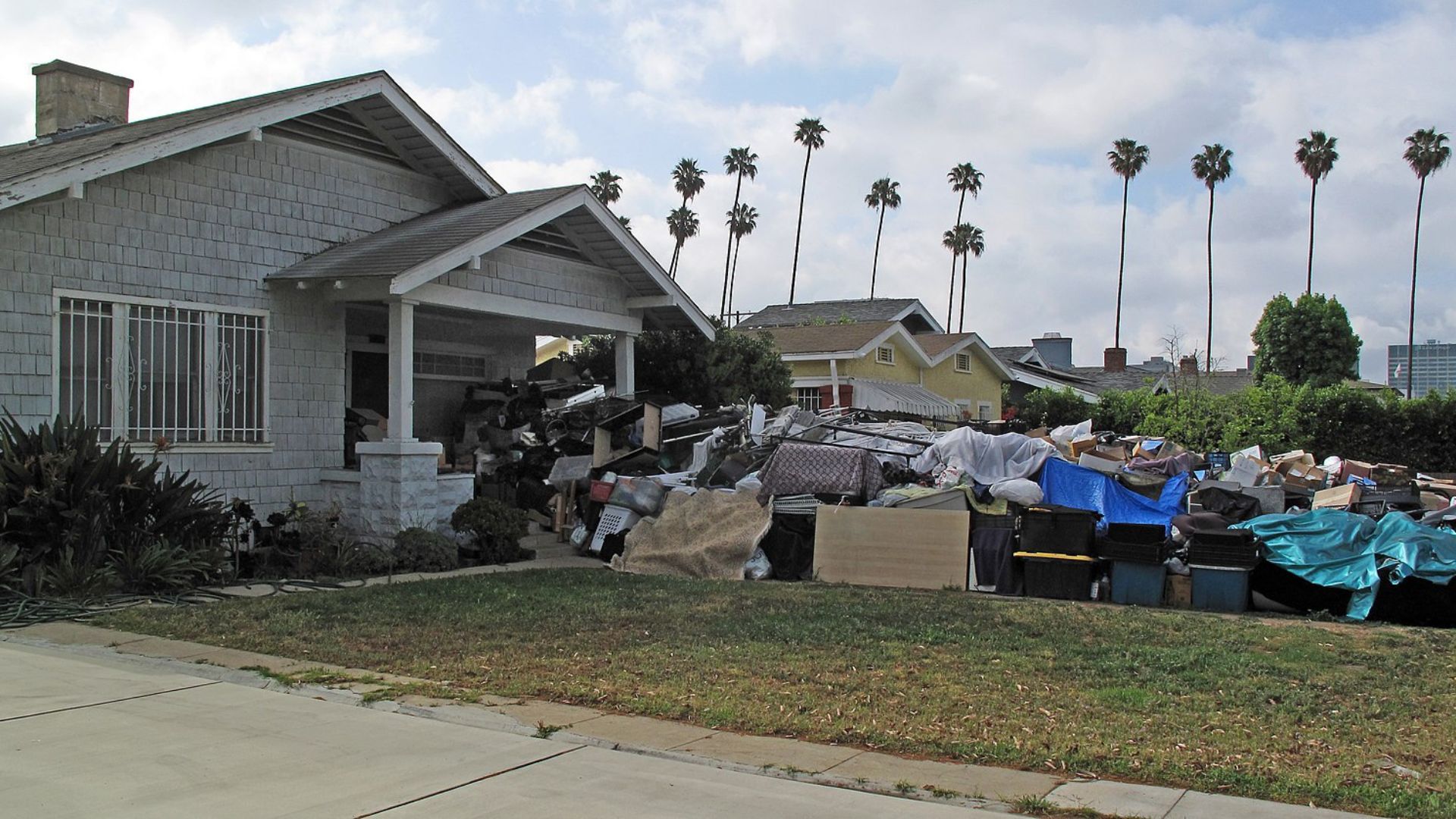
The legislation is designed to prevent misidentification of tenants as squatters, particularly in situations where a landlord might wrongly accuse a resident of squatting despite their established history with the property.
A legislator emphasized the importance of distinguishing these scenarios to ensure fair treatment under the law.
Immediate Action Against True Trespassers
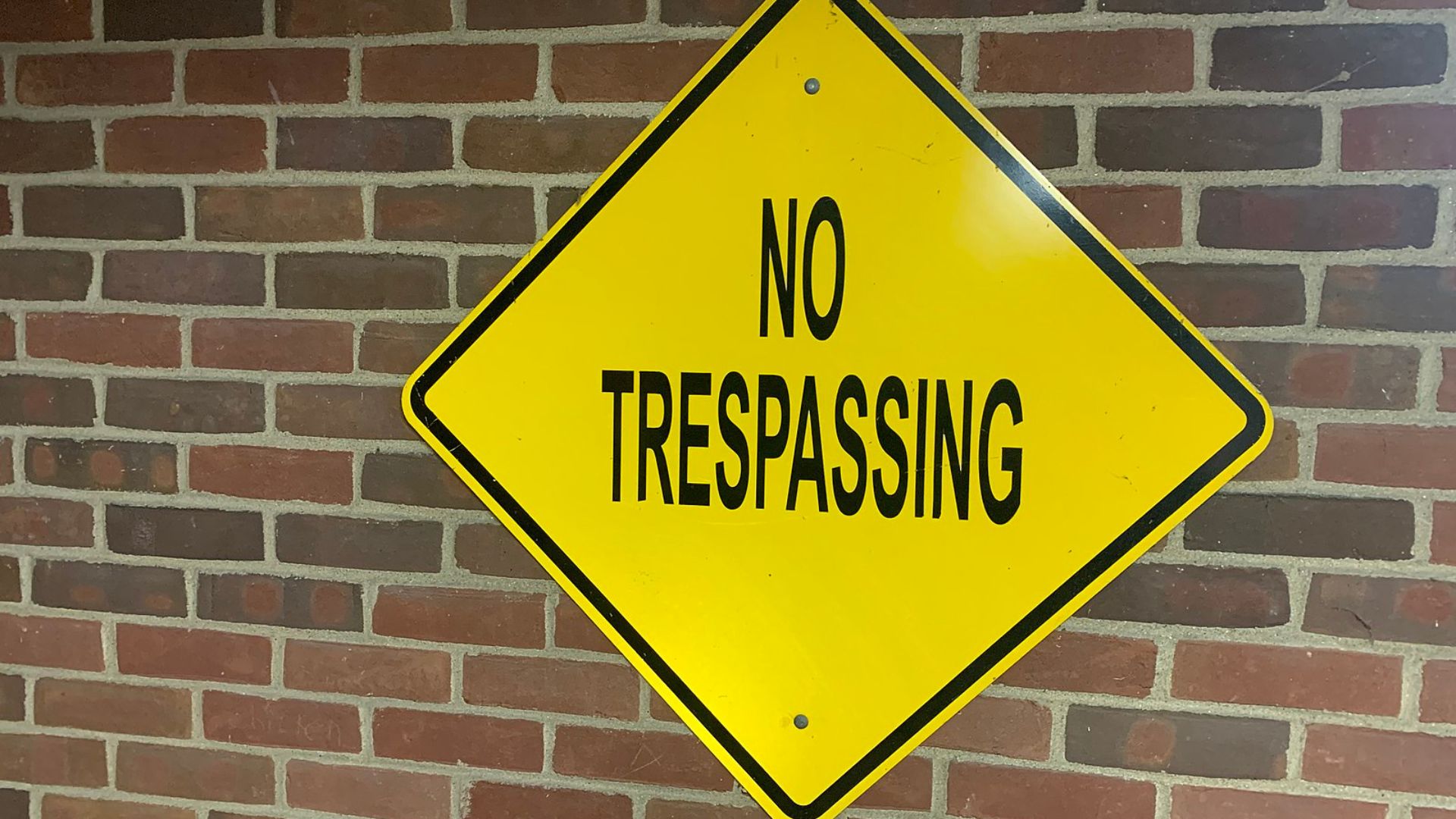
State Representative Rebecca McWilliams stressed the necessity for swift action in clear cases of trespassing: “It was really important that if someone is truly criminally trespassing… they should be removed by law enforcement immediately,” she told Newsweek.
This statement underlines the bill’s intent to provide rapid responses for homeowners facing genuine squatting situations.
Addressing Complicated Tenant Situations
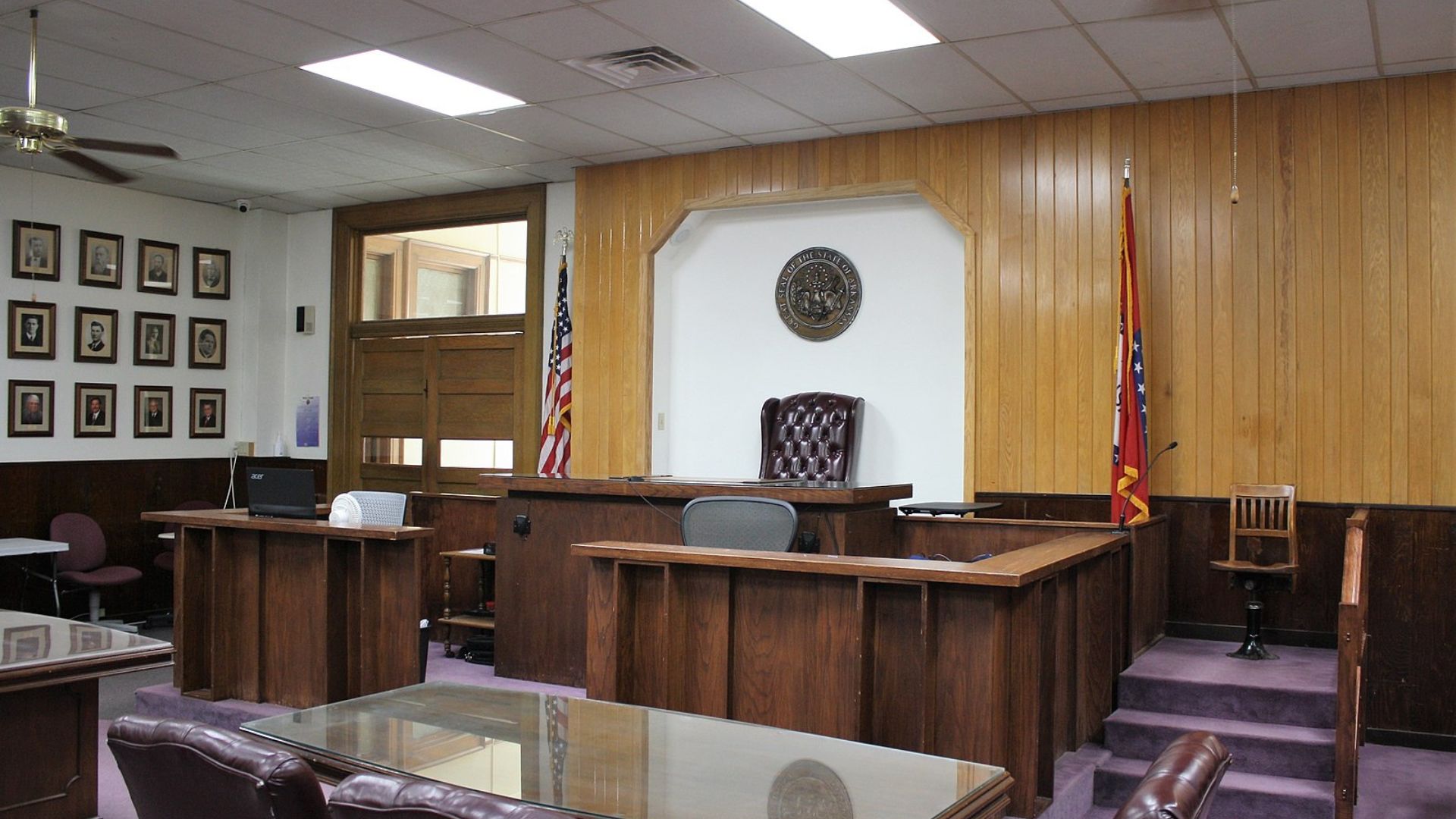
The bill also addresses more complex cases where evidence of tenancy might exist, such as text messages or verbal agreements.
McWilliams noted, “That eviction process should be through the courts and that should be a 48-hour emergency hearing,” highlighting the procedure for these disputes.
Squatting: A National Concern

While squatting has been a topic of national interest, experts suggest that actual incidents of people illegally taking over properties are uncommon.
The discussion has intensified as some property owners are accused of using squatting claims to circumvent the legal rights of occupants.
Directing Cases to the Judiciary
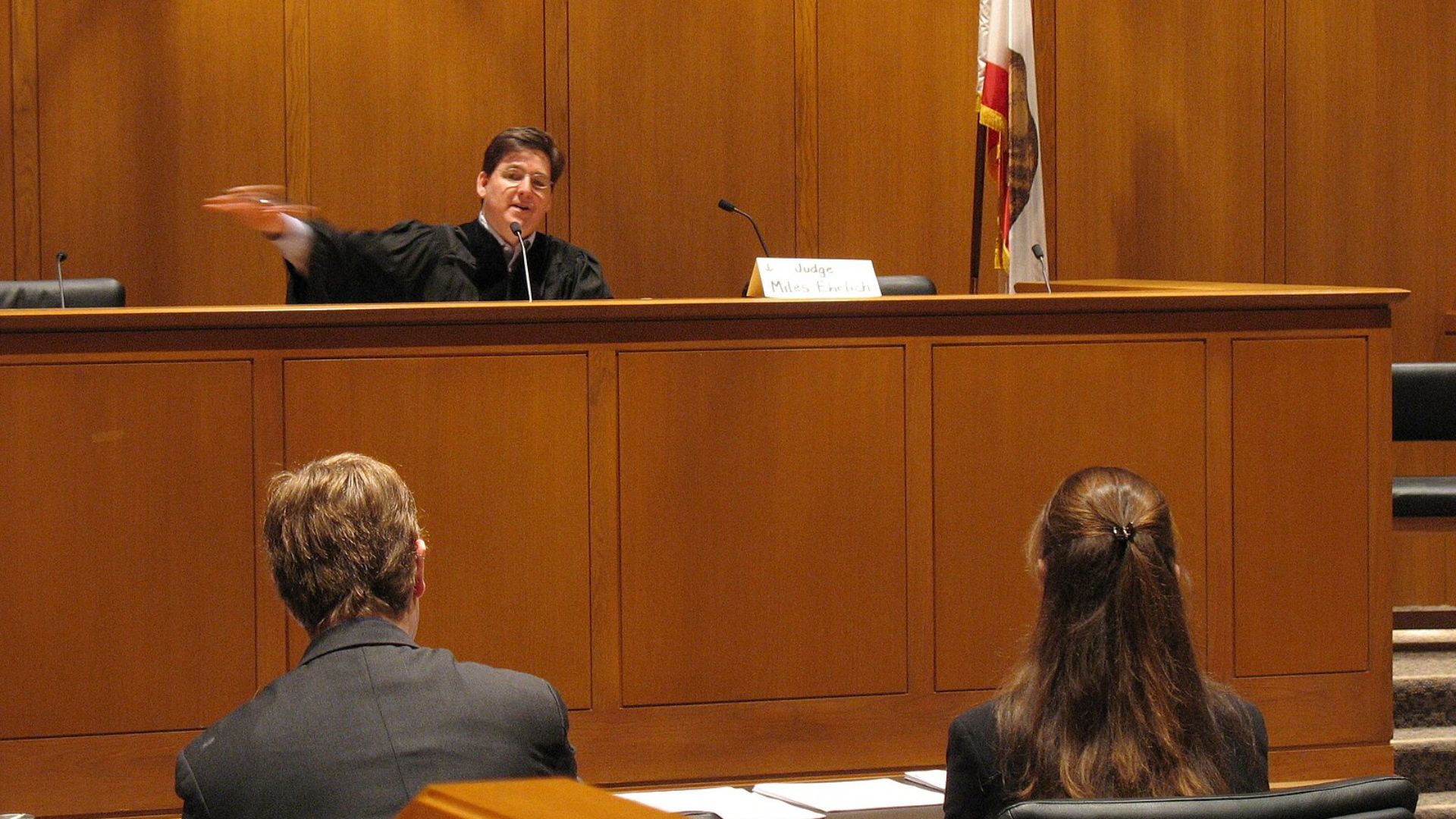
The new legislative approach in New Hampshire aims to bypass potential bias by directing cases directly to the judiciary rather than allowing sheriffs to make determinations.
McWilliams explained the rationale: “We want to direct it straight to a judge to determine whether there was or was not [trespassing].”
Rare Incidents of Squatting
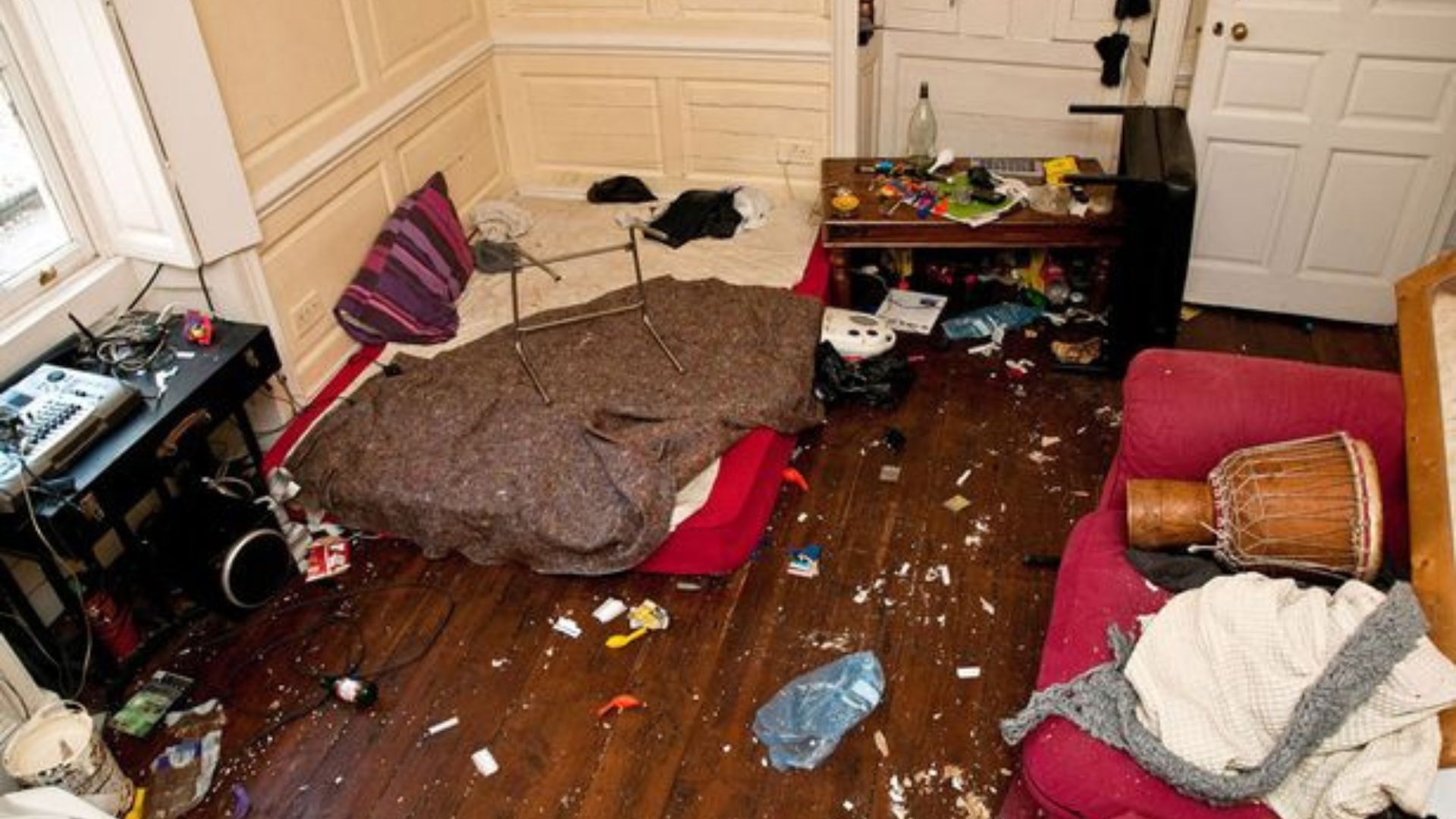
According to McWilliams, while incidents of squatting are rare, they necessitate clear legal definitions to prevent and resolve disputes effectively.
This clarity helps in distinguishing between criminal and civil matters concerning property occupation.
Ensuring Legal Definitions are Clear
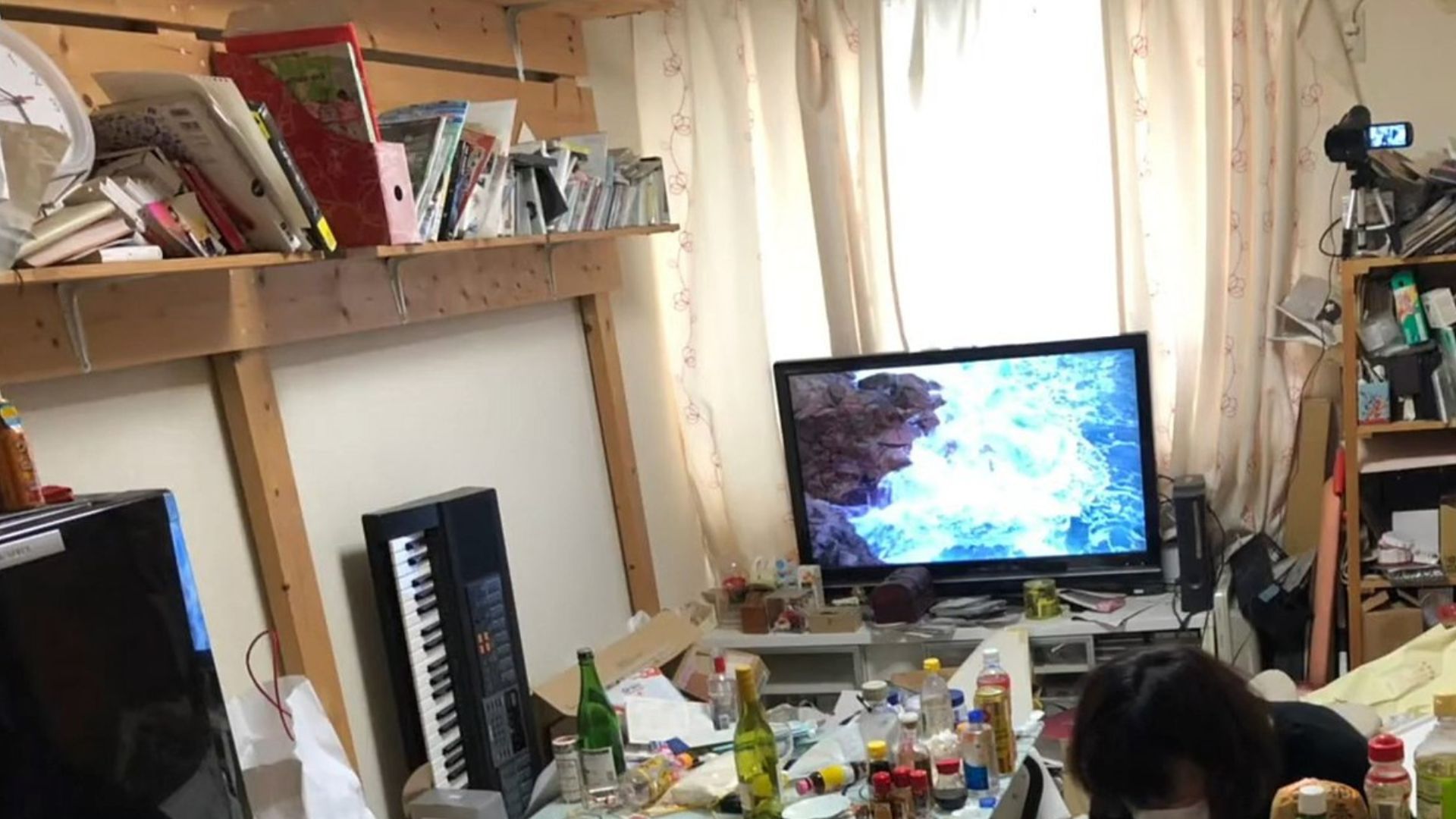
The bill is crucial for defining legal boundaries in squatting cases, making it easier for courts and law enforcement to handle these situations appropriately.
It aims to outline explicitly what constitutes squatting versus a misunderstanding or a civil disagreement over property rights.
Safeguarding Property Owners

The legislation is intended to protect property owners from the unlawful occupation of their homes.
It ensures that owners have legal recourse to regain control of their property swiftly if they become victims of squatting.
The Importance of Evidence in Squatting Cases
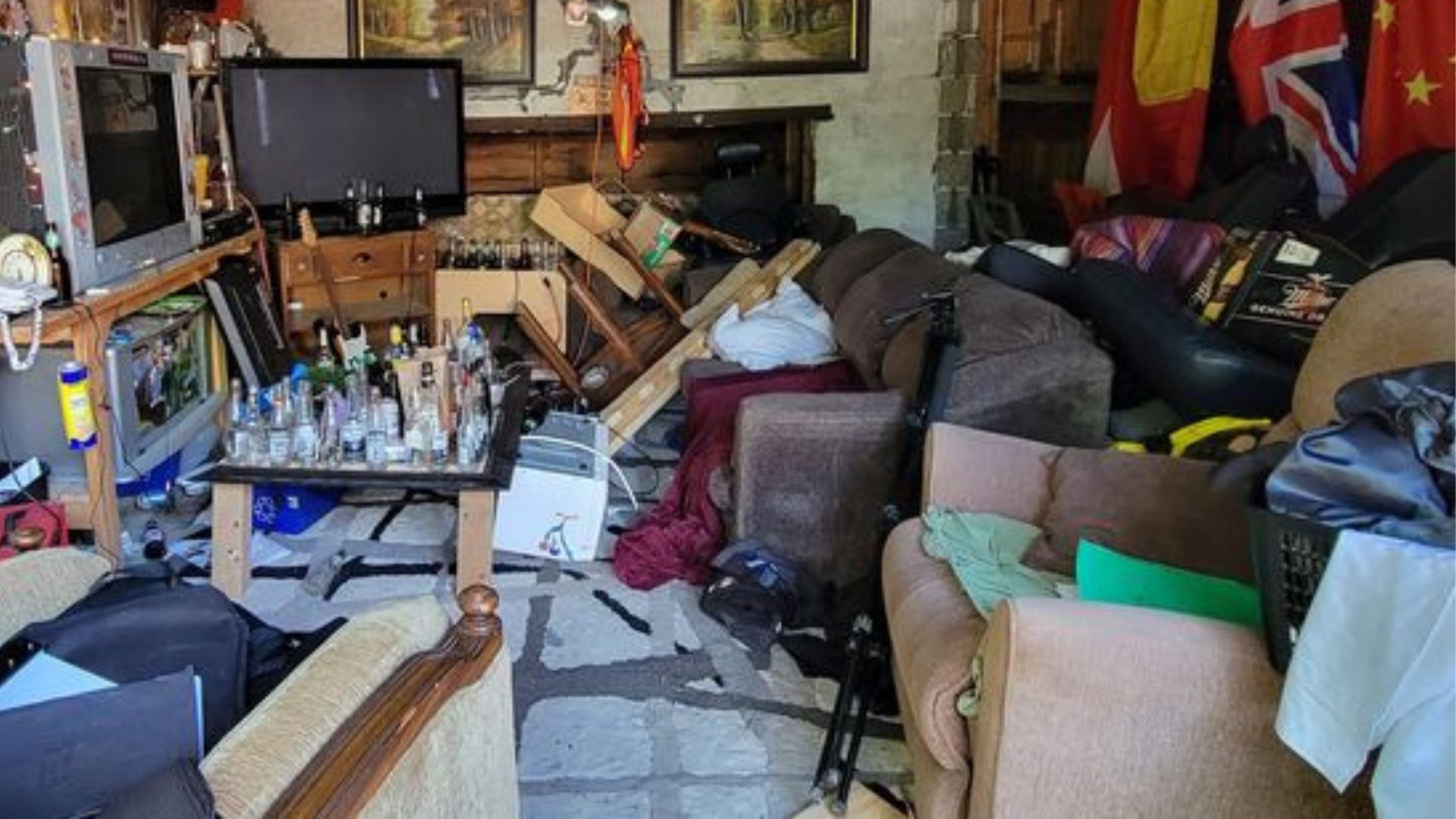
Evidence plays a pivotal role under the new bill, determining whether a case is treated as a criminal act or a civil dispute.
This focus on evidence aims to ensure that each case is handled with fairness and according to the law.
Legislative Response to Squatting

Lawmakers like McWilliams are actively working to address both sides of the squatting issue.
The aim is to protect the rights of true tenants while ensuring that squatters cannot misuse legal gaps to occupy properties unlawfully.
Implications of the New Bill
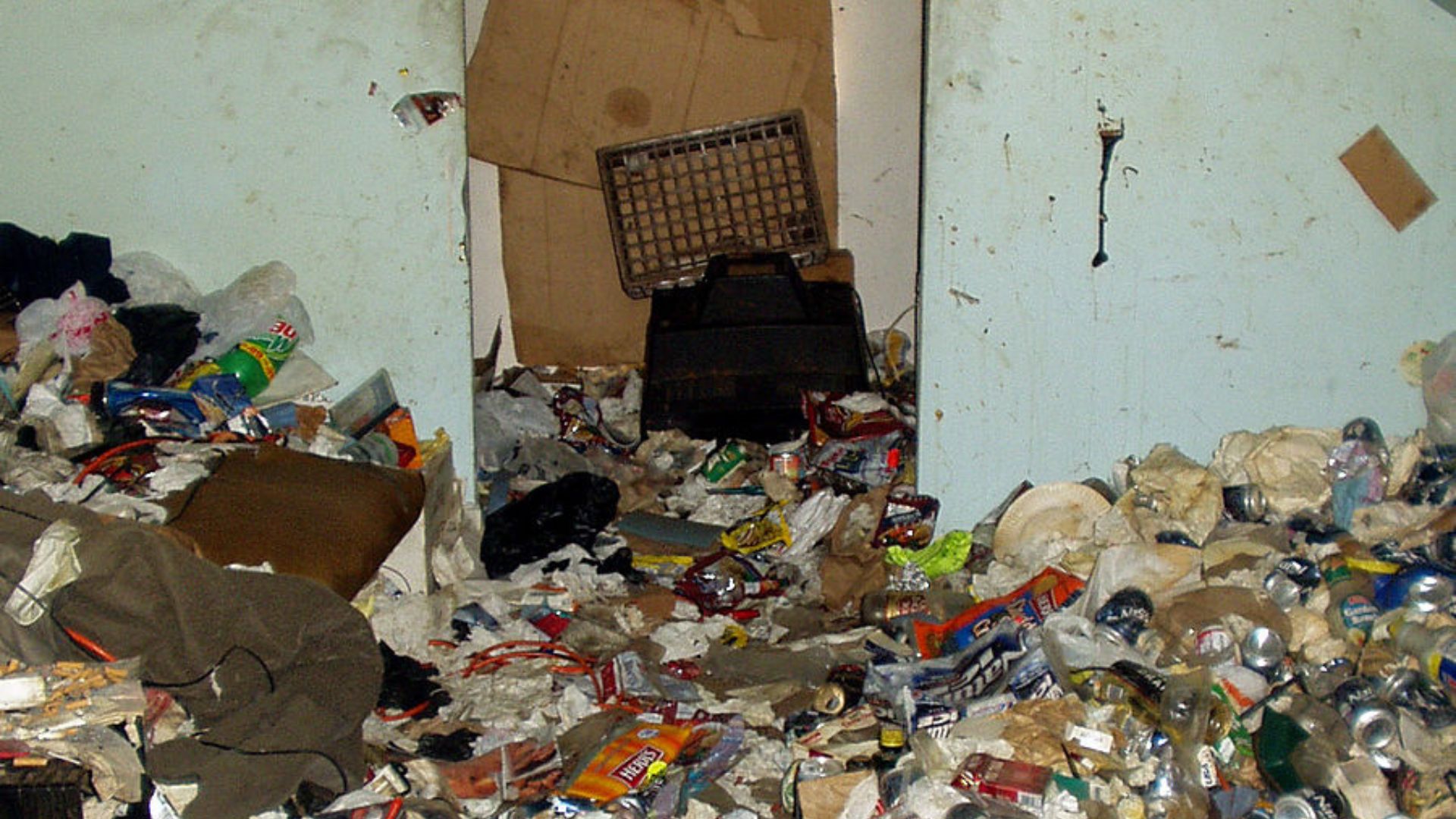
As the bill progresses, it sets a framework for other states to consider when addressing similar issues.
The clear guidelines and swift judicial processes it proposes could serve as a model for handling squatting and tenancy disputes nationwide, aiming to balance the scales of justice in property rights conflicts.
